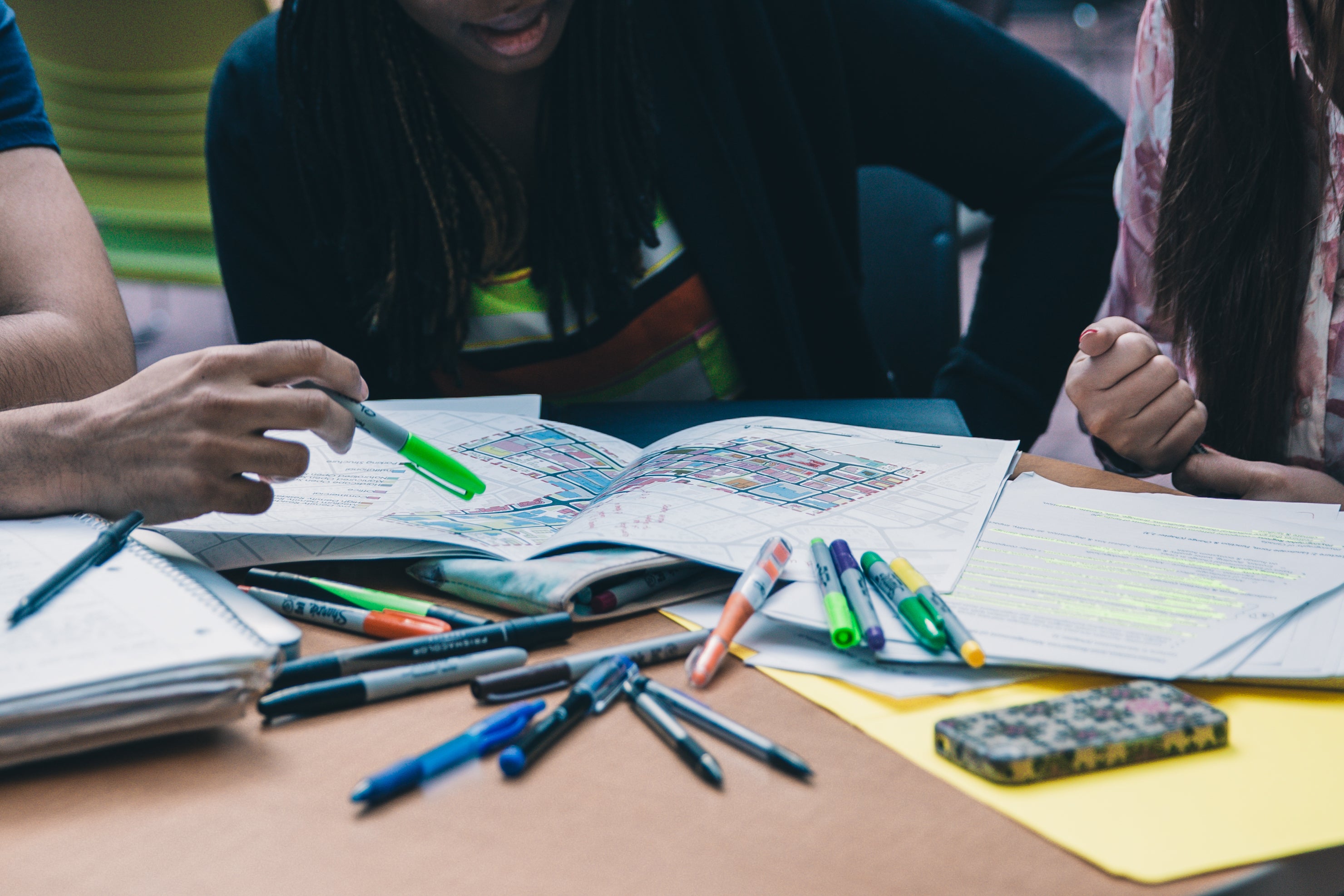THE PROFESSION OF BEING A TEACHER
AGENCY AND TEACHING PARTNER
Keywords:
agency, teacher training, pedagogical partner, educational practicesAbstract
The present work describes a study carried out between 2021 and 2022 with the objective of knowing if the work in pedagogical pairs promotes the agency of future trainers from the planning of an inverted class on specific topics of Political Science. The research was carried out together with 25 students, second and fourth year of the Legal, Political and Social Sciences Faculty taught by the National University of Río Cuarto (UNRC), Argentina. For data collection, a questionnaire with open questions was used, while the methodological design is qualitative, administered online. The results show that the agency of the students is built and expressed in three situations linked to training and teaching practices: the construction of knowledge, dialogue and exchanges of support and unforeseen events. What was found is relevant to rethink initial teacher training and the ways to promote educational contexts that invite the proactive participation of students in their own practices.
References
Askew, S. y Lodge, C. (2000). Gifts, ping- pong and loops – linking feedback and learning. En S. Askew (Ed.). Feedback for learning (pp. 1-19). Routledge.
Aspbury-Miyanishi, E. (2022). The affordances beyond what one does: Reconceptualizing teacher agency with Heidegger and Ecological Psychology. Teaching and Teacher Education, 113, 103662. https://doi.org/10.1016/j.tate.2022.103662
Baynham, M. (2006). Agency and contingency in the language learning of refugees and asylum seekers. Linguistics and Education, 17(1), 24-39. https://doi.org/10.1016/j.linged.2006.08.008
Biesta, G. y Tedder, M. (2007). How Is Agency Possible? Towards an Ecological Understanding of Agency-as-Achievement. Learning Lives: Learning, Identity, and Agency in the Life Course. Working Paper Five, Exeter: Teaching and Learning Research Programme. https://www.scirp.org/(S(351jmbntvnsjt1aadkposzje))/reference/ReferencesPapers.aspx?ReferenceID=1447548
Charteris, J. y Smardon, D. (2015). Teacher agency and dialogic feedback: Using classroom data for practitioner inquiry. Teaching and Teacher Education, 50, 114-123. https://doi.org/10.1016/j.tate.2015.05.006
Cresswell, J. (2015). A Concise Introduction to Mixed Methods Research. Sage.
Edwards, A. (2017). The dialectic of person and practice: How cultural-historic accounts of agency an inform teacher education. En J. Clandinin y J. Husu (Eds.), The SAGE handbook of research on teacher education. Sage.
Gaitán-Pedraza, Germán, Villamizar, Diego F. y García-Díaz, John J. (2022). La práctica reflexiva en la práctica pedagógica de dos licenciaturas en educación física: narrativas de docentes en formación. Formación universitaria, 15(3), 119-132. https://dx.doi.org/10.4067/S0718-50062022000300119
Gottlieb, D. (2012). Beyond a rule-following model of skillful practice in teacher development. Educational Theory, 62(5), 501-516. https://doi.org/10.1111/j.1741-5446.2012.00459.x
Habermas, J. (1990). Moral consciousness and communicative action. Trans. C. Lenhardt & S. Weber Nicholson. MIT Press.
Kim, M. Y. y Wilkinson, I. (2019). What is dialogic teaching? Constructing, deconstructing, and reconstructing a pedagogy of classroom talk. Learning, Culture and Social Interaction, 21, 70-86. https://doi.org/10.1016/j.lcsi.2019.02.003.
Kornblit, A. L. (2007). Metodologías cualitativas en ciencias sociales. Biblos.
Lane, J. L. y Sweeny, S. P. (2019). Understanding agency and organization in early career teachers’ professional tie formation. Journal of Educational Change, 20(1), 79–104.
Loizaga, A., Stefanolo, M. y Tevez, D. (29 de mayo 2009). La pareja pedagógica como dispositivo de intervención en integración escolar. https://ele.chaco.gob.ar/pluginfile.php/991598/mod_folder/content/0/7.%20Material%20N%C2%B0%207%20-%20%E2%80%9CLa%20pareja%20pedag%C3%B3gica%20como%20dispositivo%20de%20intervenci%C3%B3n%20en%20integraci%C3%B3n%20escolar%E2%80%9D%20%281%29.pdf?forcedownload=1
Mercer, N. (1995). The guided construction of knowledge: talk amongst teachers and learners. Multilingual Matters.
Moate, J. (2014). Dialogic struggles and pedagogic innovation. Pedagogy, Culture & Society, 22(2), 295-314. https://doi.org/10.1080/14681366.2014.891641
Omland, M. y Rødnes, K. (2020). Building agency through technology-aided dialogic teaching. Learning, Culture and Social Interaction, 26, 100406. https://doi.org/10.1016/j.lcsi.2020.100406
Perrenoud, P. (2014). Desarrollar la práctica reflexiva en el oficio de enseñar. Graó.
Priestley, M., Biesta, G. y Robinson S. (2013). Teachers as agents of change: teacher agency and emerging models of curriculum. En M. Priestley, G. Biesta (Eds.), Reinventing the curriculum: New trends in curriculum policy and practice. Bloomsbury Academic.
Priestley, M., Biesta, G. y Robinson, S (2015). Teacher agency: What is it and why does it matter? En R. Kneyber, J. Evers (Eds.), Flip the system: Changing education from the bottom up. Routledge. https://doi.org/10.4324/9781315678573
Sanjurjo, L., Caporossi, A., Placci, N. (20 septiembre, 2016). La pareja pedagógica como dispositivo de evaluación en la formación docente universitaria. http://ridaa.unq.edu.ar/handle/20.500.11807/764
Teng, F. (2019). Autonomy, agency, and identity in teaching and learning English as a foreign language. Springer.
Van Lier, L. (2001). Constraints and resources in classroom talk: issues of equality and symmetry. En C. Candlin, N. Mercer (Eds.), English language teaching in its social context. Routledge.

Downloads
Published
Issue
Section
License

This work is licensed under a Creative Commons Attribution-NonCommercial-ShareAlike 4.0 International License.
Atribución No Comercial Compartir Igual (by-nc-sa):
No se permitirá un uso comercial de la obra original, ni de las posibles obras derivadas, la distribución de las cuales se debe hacer con una licencia igual a la que regula la obra original.






